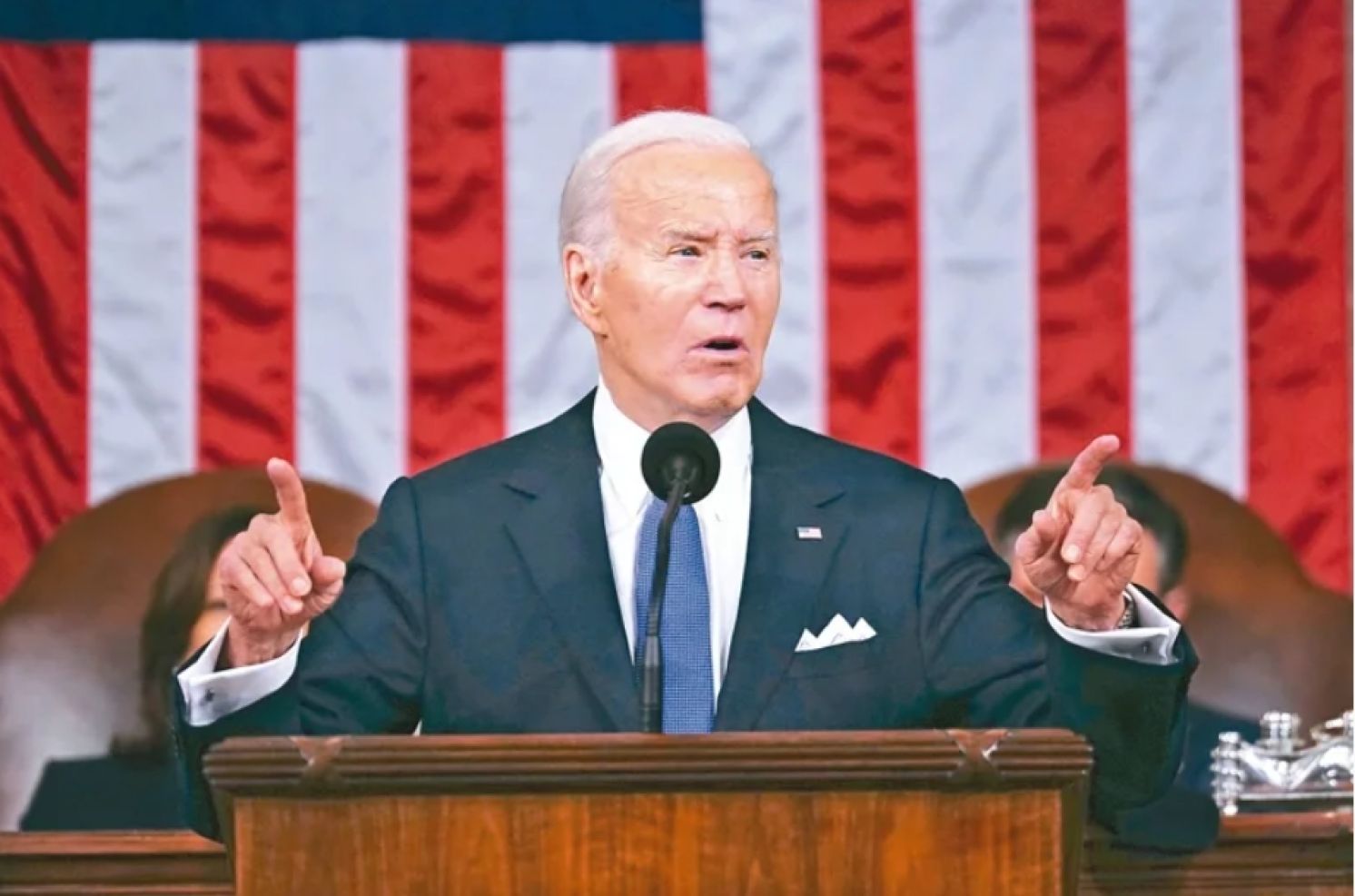
This Week in Taiwan 0303-0309
March 4: The Armed Forces' precision missile training policy has undergone significant changes. All branches of the military will no longer conserve or limit the use of precision ammunition. Instead, they will increase the training frequency for actual combat shooting. This new policy will be implemented starting in April, with the first training session taking place at the Jiupeng Base in Pingtung. During this exercise, they will practice command and control procedures for counter-attacking enemy forces in wartime. Scholars affirm that practical shooting training is a necessary policy and a response to deter potential mainland Chinese military action against Taiwan.
March 5: Chinese Premier Li Qiang delivered his first government report during the opening session of the National People's Congress. Notably, in the section on Taiwan, the term "peace" was removed before the mention of "unification," and the phrase "oppose foreign interference" was added, drawing attention.
However, mainland Foreign Minister Wang Yi clarified that the policy remains clear: China continues to strive for peaceful reunification with the utmost sincerity, but it firmly opposes any separatist moves by Taiwan.
March 5: The incident involving a capsized mainland Chinese fishing vessel in the waters near Kinmen, causing two deaths, remains a point of cross-strait contention. Despite 15 rounds of negotiations between representatives from both sides, no consensus has been reached. The mainland delegation, after reviewing reports by and interpellation of Taiwan's Ocean Affairs Council (OAC) and Coast Guard Administration (CAA) in the Legislative Yuan, expressed dissatisfaction about Taiwan's unacceptable distortion of and failure to acknowledge basic facts. Consequently, the delegation departed Kinmen and returned to the mainland.
March 6: The Central Standing Committee of the Kuomintang (KMT) passed an organizational reform plan to add a department known as KMT Studio to integrate youth services and strengthen youth work digitally. The Huang Fuxing branch, a special unit made up of retired military personnel and their dependents, will be restructured as the Veterans Affairs Department under the Organization Development Committee. A new veterans service working committee will also be established. There will no longer be any special branches within the party.
March 7: The Kinmen incident has further strained cross-strait relations. During an interpellation session at the Legislative Yuan, Minister of National Defense Chiu Kuo-cheng stated that the military is on high alert, and he is anxious and insomnious due to the potential for armed conflict. He emphasized the need for caution, and Taiwan should not rashly provoke any war.
Chiu also stated that the Ministry of National Defense has revised the criteria for a "first strike." Now, if any People's Liberation Army (PLA) aircraft or naval vessel crosses boundaries, it will be seen as a "first strike," and the Armed Forces will be entitled to respond.
March 7: Cross-strait trade is showing signs of warming. According to data released by mainland China's General Administration of Customs, the total cross-strait import and export volume from January to February this year reached nearly $39.8 billion, representing a 7.3 percent increase compared to the same period last year. Specifically, Taiwan imported $29.3 billion (an 8.4 percent increase) and exported $10.3 billion (a 4.4 percent increase) to the mainland.
March 8: In the final State of the Union address of his term to a joint session of Congress, President Joe Biden emphasized that the United States will back peace and stability in the Taiwan Strait. This marks the first time that President Biden has addressed Taiwan's security in a State of the Union speech.
March 8: The Food and Drug Administration, Ministry of Health and Welfare (MOHW), discovered that imported chili powder contains the carcinogenic substance Sudan Red. The issue has extended beyond chili power to include pepper powder, affecting nine counties and cities across Taiwan. Premier Chen Chien-jen acknowledged that this is a systemic problem, and the central government will form a cross-ministerial task force to investigate. In response to legislative demands, the MOHW announced a one-month ban on chili power in school lunches and will conduct comprehensive inspections of related domestic products.